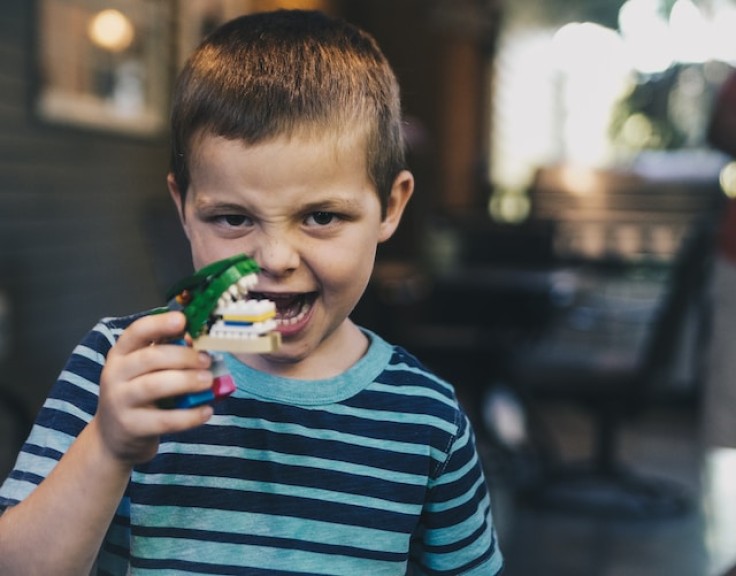
As a parent, the sound of your baby grinding their teeth can be disconcerting. The unexpected noise may raise questions about your child's well-being and the reasons behind this behavior. Teeth grinding, or bruxism, is not uncommon in babies, and understanding its potential causes and how to respond is crucial for both their dental health and your peace of mind.
Why Do Babies Grind Their Teeth?
- Teething: One of the most common reasons for teeth grinding in babies is teething. The discomfort and itchiness associated with emerging teeth can lead to grinding as a way for babies to soothe themselves.
- Adjusting to New Teeth: As babies grow, they experience the discomfort of new teeth erupting. The adjustment process may result in grinding as they get used to the sensation of the new teeth in their mouths.
- Misalignment of Teeth: Occasionally, teeth grinding can be related to the alignment of the baby's teeth. If there are irregularities or misalignments, grinding may occur as a natural response.
- Pain or Discomfort: Babies may grind their teeth if they are experiencing pain or discomfort elsewhere, such as earaches or sinus issues. It's a way for them to distract from the primary source of discomfort.
- Stress or Anxiety: Although it may seem surprising, babies can experience stress or anxiety. Changes in routine, new environments, or other factors may contribute to teeth grinding as a response to these feelings.
How To Respond to Teeth Grinding in Babies
- Monitor the Frequency: Occasional teeth grinding is usually not a cause for concern. However, if it becomes a frequent or persistent habit, it's essential to pay attention and assess potential underlying issues.
- Provide Teething Relief: If teething is the primary cause, offer safe teething toys or a clean, cold washcloth for your baby to gnaw on. This can alleviate discomfort and reduce the likelihood of teeth grinding.
- Massage Gums: Gently massaging your baby's gums with clean fingers can provide relief during the teething process. Use a circular motion to soothe the gums and potentially lessen the urge to grind.
- Maintain a Calm Environment: Creating a calm and comforting environment can reduce stress or anxiety that may contribute to teeth grinding. Stick to consistent routines and provide a soothing atmosphere for your baby.
- Consult with a Pediatric Dentist: If you have concerns about your baby's teeth grinding, it's advisable to consult with a pediatric dentist. They can examine your baby's oral health, address any dental concerns, and provide guidance on managing teeth grinding.
- Rule Out Other Health Issues: Consult with your pediatrician to rule out any potential health conditions unrelated to dental concerns if teeth grinding persists or is associated with other alarming symptoms.
- Use a Pacifier: If your baby is prone to teeth grinding, offering a pacifier may help satisfy the urge without causing damage to the teeth. Ensure the pacifier is clean and appropriate for your baby's age.
When To Seek Professional Help
If teeth grinding persists beyond the teething phase or becomes a regular occurrence, it's advisable to seek professional help. A pediatric dentist can assess your baby's oral health, identify any dental concerns, and offer tailored guidance to address the issue.
Teeth grinding in babies is often a transient behavior linked to teething and the natural development of their oral structures. However, it's essential for parents to stay vigilant, monitor the frequency of grinding, and respond appropriately to ensure their baby's dental health and overall well-being. Seeking professional advice when needed can provide reassurance and guidance on managing this common yet concerning behavior.
Related Article: Bite A Pencil To Cure A Headache; Relaxes Muscles In Jaw Easing The Tension That Causes Pain